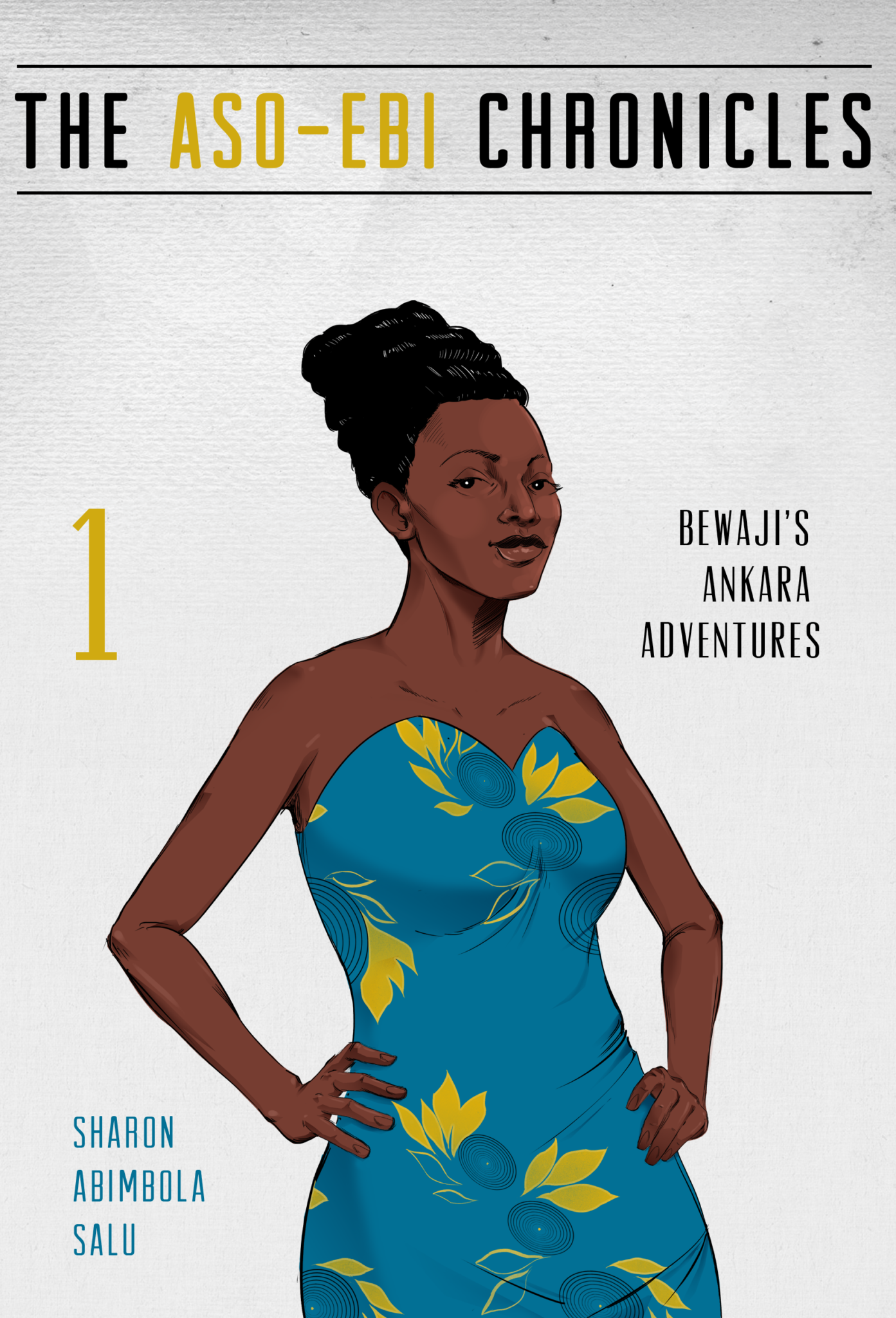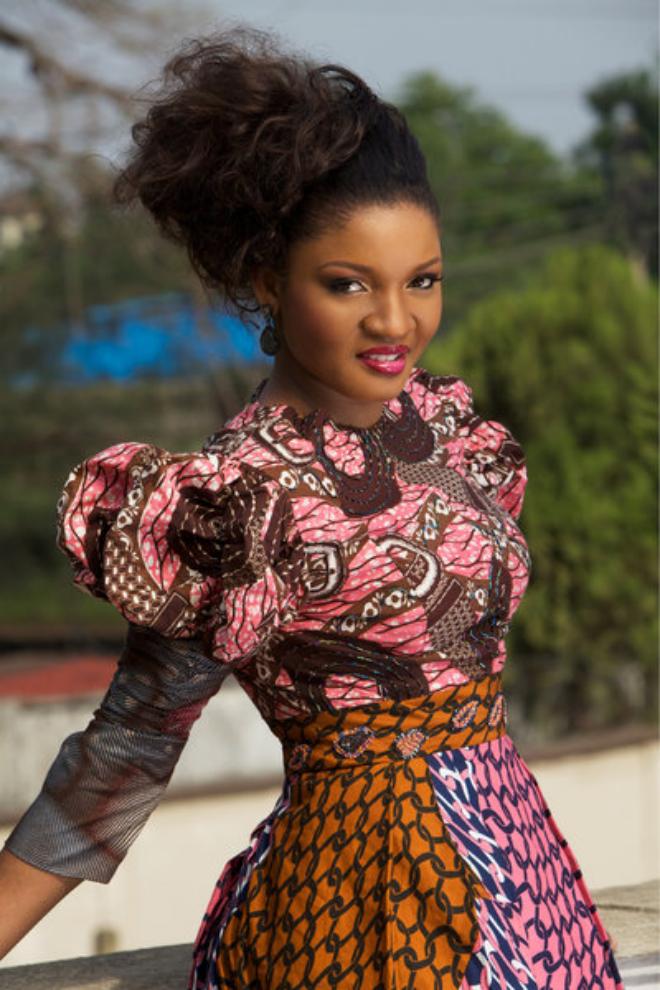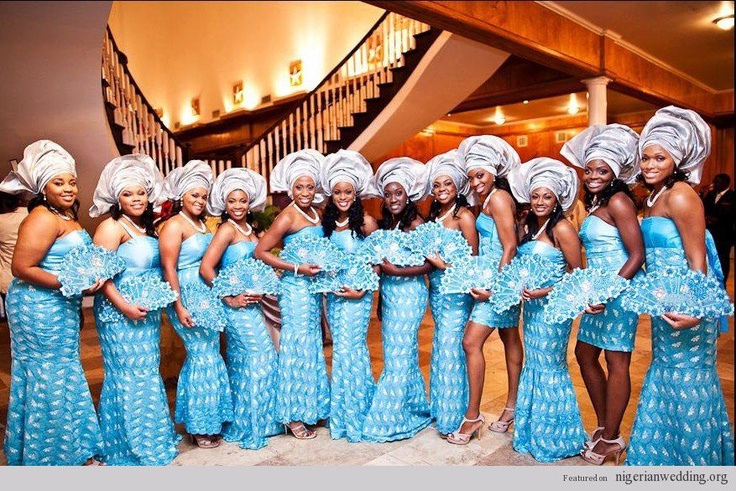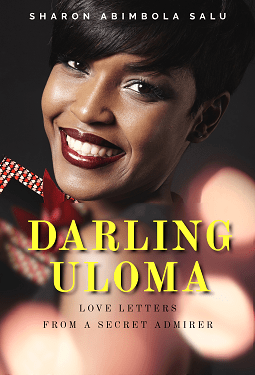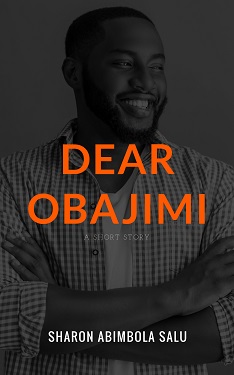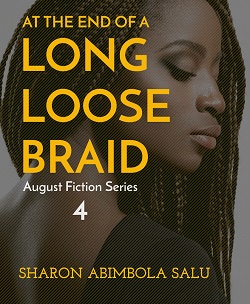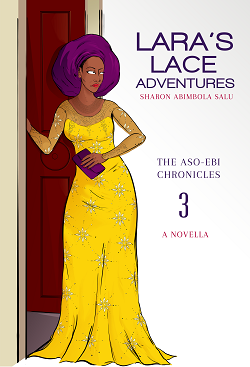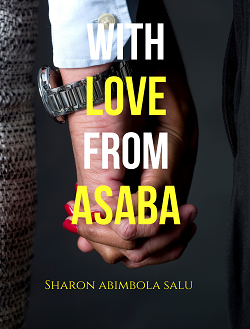What Inspector Bediako Taught Me About African Detectives
In the late ’90s in Nigeria, a Ghanaian television series became a local favorite after its initial introduction. Originally aired in Ghana, the series took off in Nigeria with much excitement, and quickly gained wide acceptance. It was titled Inspector Bediako. read more…
Why We Love Nollywood 3: Travel Outside Lagos Without Leaving Your House
That is, if you’re watching the movie from the comfort of your own home. If you are in the house of a friend or getting your hair braided when this movie is playing, you have already left the comfort of your home. So ignore that last part after ‘Lagos.’
But read on …
Flash Fiction Fridays: Missing Yellow Glasses
“Where are they?” Mama Rita grumbled, casting a suspicious glance at her husband. For all she knew, he could be sitting on them. He sat in an easy chair, reading a newspaper, ignoring her completely. He did not look up from his reading for one second.
“Did you know that certain foods can improve your memory? Literally, brain foods,” Papa Rita said, examining a particular page with intense concentration.
“Let me guess: Eba and Banga soup did not make the list, abi? Oh-oh! Where are they now?” Mama Rita said sarcastically and resumed her vigorous search. read more…
The Last Komole (Short Story): Final Part
Komole is a Yoruba term, which literally means “bend down low.” It is the name given to a dance move that is popular in Nigeria where a person (usually a woman) progressively drops, while dancing until she is crouching low in a graceful manner, without actually hitting the ground. And now for the story.
Missed the first two parts? Read them here: [Part 1] and [Part 2]
Using Nigerian Pidgin (Broken) English to Write Fiction

Pidgin is formally defined as “a simplified speech used for communication between people with different languages,” according to the Merriam-Webster dictionary. With more than 250 ethnic groups, Nigerian Pidgin English (also known as “Broken English”) is recognized as an informal means of communication and is widely spoken across the nation. read more…
Is Aso-Ebi more than the Family Cloth?
Aso-Ebi is a Yoruba term, which literally translates to family cloth, as Aso means “cloth” and Ebi means “family.” For my non-Nigerian readers, it is pronounced ‘Ah-Shaw-Eh-Bee.’ There! That wasn’t so hard now, was it? read more…
When Music Inspires You to Write
I love Nigerian music, and in recent years, it has undergone such a transformation that it has almost eliminated the need to listen to other kinds of music. Almost. Although my focus for the most part is Gospel / Christian music, I have learnt to appreciate other kinds of music as well. Thanks to my sister, I have fallen in love with period dramas, and their soundtracks. Currently topping my list are the main soundtracks of Downton Abbey and North and South. I highly recommend both. Beautiful music. read more…

